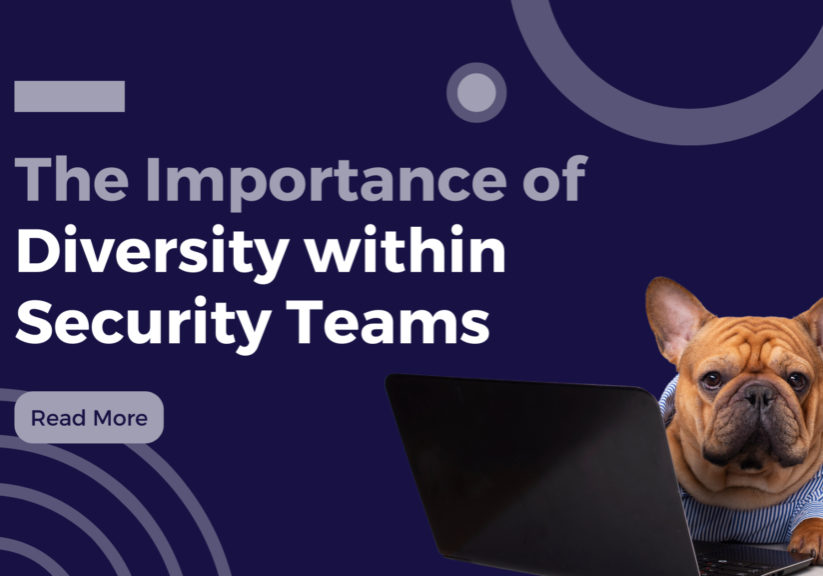A scenario that we sometimes see as recruiters, is the counteroffer from a current employer when a candidate has secured a new job. Whilst the prospect of a counteroffer may seem enticing and often flattering, it’s crucial to consider the potential pitfalls before making a decision. In this blog, we’ll explore the reasons why accepting a counteroffer during the job hunt, might not always be the best course of action.
1. Addressing Symptoms, Not the Root Cause
A counteroffer is symptomatic for deeper organisational issues, such as poor company culture or employee wellbeing. While it may address your immediate concerns and tempt you to stay, it often fails to resolve the root causes that led you to explore new opportunities in the first place. The (quite alarming!) statistics speak for themselves, with 90% of candidates who accept a counteroffer leaving their current employer within one year (Stanton House, 2022). Although accepting a counteroffer may provide temporary relief, it generally doesn’t ensure long-term job satisfaction and growth.
2. Broken Trust
Once you’ve communicated your intention to leave, the trust dynamic with your current employer will change. Accepting a counteroffer can leave lingering doubts about your commitment and loyalty to the business. Tarnishing this trust can also impact your relationships with colleagues and superiors, potentially affecting future opportunities for collaboration and progression within the organisation.
3. Missed Professional Growth
Accepting a counteroffer may lead to missed professional growth, due to potential stagnation within your current role. While the counteroffer may serve to feel like it has addressed immediate concerns, it might not align with your long-term career goals or provide the opportunities for skill development and advancement that a new job could offer. Staying in a familiar environment might also limit exposure to new challenges and experiences, hindering your overall professional trajectory.
4. Your Prospective Employer Sees Your Value
When you’ve already accepted a new job, your future employer has made it clear that they see your value and are willing to pay what you’re worth, whereas it’s taken your resignation for your current employer to recognise it.
It’s worth doing some research, be that speaking to specialist recruiters such as ourselves or looking into salary surveys, to gauge what compensation reflects your contribution, experience and skillset. Truly understanding what your market value is.
Conclusion
While a counteroffer may seem like a career lifeline, it’s crucial to evaluate the long-term implications before making a decision. Balancing immediate benefits against your career goals, professional growth, and job satisfaction is essential.
Sources





